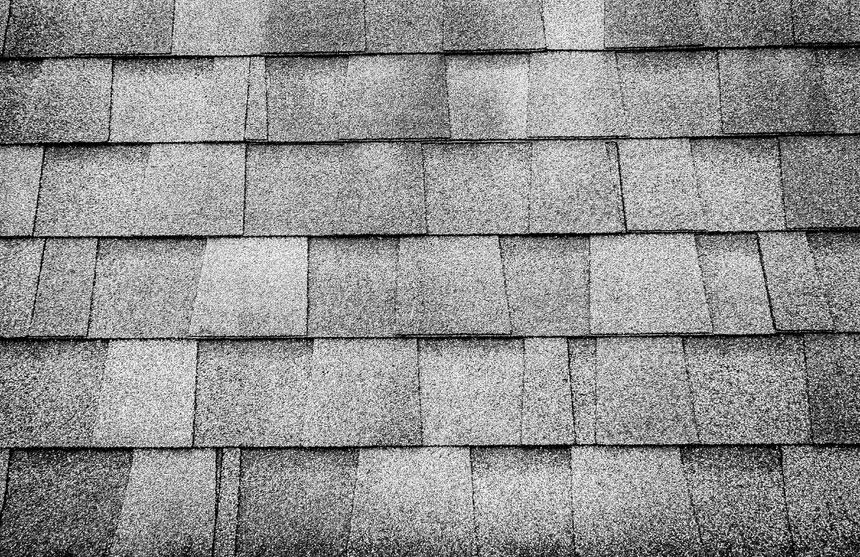A Closer Look at Shingle Roof Maintenance
Introduction

The roof of your home is one of its most critical components, protecting you and your family from the elements and ensuring a safe and comfortable living environment. Among the various roofing materials, shingle roofs are a popular choice due to their durability, cost-effectiveness, and aesthetic appeal. However, like any other roofing system, shingle roofs require regular maintenance to ensure their longevity and performance. One question that often arises is whether power washing is a suitable method for cleaning a shingle roof. In this blog, we’ll explore the pros and cons of power washing a shingle roof to help you make an informed decision about the best roof maintenance practices.
Understanding Shingle Roofing
Shingle roofs are composed of individual overlapping shingles, typically made from asphalt, wood, or composite materials. These shingles form a protective barrier against rain, wind, and other weather elements. Over time, shingle roofs can accumulate dirt, debris, algae, moss, and mildew, affecting their appearance and potentially compromising their performance. Regular cleaning and maintenance are essential to keep your shingle roof in top condition.
The Pros of Power Washing
Effective Cleaning:
Power washing can be a highly effective method for removing stubborn stains, algae, and moss growth from shingle roofs. The pressurized water can dislodge and wash away debris that has accumulated over time, restoring the roof’s appearance.
Time-Saving:
Compared to manual cleaning methods, power washing can save significant time and effort. Professional power washing services can quickly clean your entire roof, minimizing disruption to your daily routine.
Preventing Damage:
Moss and algae growth can retain moisture, potentially leading to roof damage and leaks. By removing these elements through power washing, you may extend the lifespan of your shingle roof and prevent costly repairs.
The Cons of Power Washing
Potential for Damage:
The high pressure used in power washing can be damaging to shingle roofs, especially if not done correctly. It can dislodge shingle granules, which are essential for protecting the roof from UV rays and water damage.
Voiding Warranty:
Some roofing manufacturers may void their warranty if the roof has been power washed. It’s crucial to check the warranty details before proceeding with power washing.
Risk of DIY Mishaps:
Power washing requires specialized equipment and expertise. Attempting to power wash your shingle roof without the necessary knowledge can lead to accidents, injury, or further damage to the roof.
Alternative Roof Cleaning Methods
Considering the potential risks associated with power washing, alternative roof cleaning methods may be a safer option:
Soft Washing:
Soft washing uses low-pressure water combined with eco-friendly cleaning solutions to remove stains, algae, and moss without causing damage to the shingles.
Manual Cleaning:
Hiring a professional roofing pressure washing contractor to manually clean your shingle roof can be a gentle and precise method, ensuring that no shingle granules are dislodged in the process.
Conclusion
While power washing can be an effective and time-saving method for cleaning a shingle roof, it comes with potential risks that may outweigh the benefits. The high pressure involved can lead to roof damage and void warranties. To ensure the longevity and performance of your shingle roof, it’s advisable to explore alternative cleaning methods, such as soft washing or manual cleaning, which offer gentler approaches without compromising on effectiveness.
Consulting with a professional roofing contractor can help you determine the best and safest cleaning solution for your shingle roof, ensuring it remains a reliable shield protecting your home for years to come.



